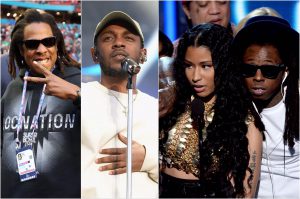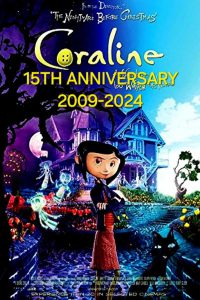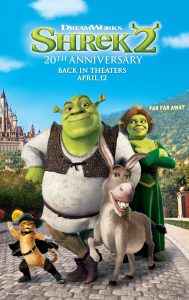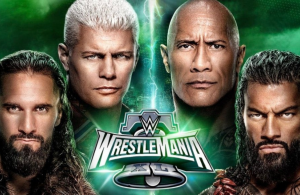Cianna Hope Reeves
Editor-in-Chief

He was a man with a passion of igniting change in a country that did not see him as human, instead viewed him as problematic.
He was a man of power and influence in black communities, a man who steered masses of black folk into challenging the status quo, and a man who spearheaded an alliance for blacks to be heard loud, proud and unafraid.
His name was Fred Hampton.
From the suburbs of Illinois, Hampton was born on August 30, 1948. Gifted in both academics and athletics, he had dreams of playing for the New York Yankees but would end up studying pre-law at Triton Junior College near his hometown.
His interest in law stemmed from the surrounding blacks and wanting to use his degree as a defense mechanism against police. Eventually, he became a highly-active member of civil rights organization known as the National Association for the Advancement of Colored People (NAACP). Hampton led the Youth Council of the organization’s West Suburban Branch and increased participation to over 500 members.
As NAACP’s youth division was gaining momentum, so was another activist group. A radical association called the Black Panther Party (BPP) caught the eyes of thousands across the country. Founded in 1966 by Huey P. Newton and Bobby Seale, BPP was a revolutionary political organization that focused on black nationalism, socialism and armed self-defense according to National Archives.
The Party’s key efforts inspired Hampton to join the movement and relocate to downtown Chicago. Due to his leadership abilities and influence, he was able to form a nonaggressive pact between Chicago’s most powerful and dangerous street gangs.
Hampton’s personality, skillset and public speaking allowed him to receive recognition within the Black Panthers so soon that he became the leader of the Chicago chapter. As the lead, he organized rallies, with the People’s Clinic, and the Free Breakfast Program.
With the actions of the Counter Intelligence Program (COINTELPRO) destroying the Party’s leadership, Hampton became next to be appointed by the Central Committee Chief of Staff of the Black Panther Party– this made him a person of interest to the FBI.
The FBI then swayed a criminal, William O’Neal, to intrude the Party and get close to Hampton.
O’Neal succeeded in joining the Party, acting as Hampton’s bodyguard and Director of Chapter Security. He worked to undermine the unions that Hampton had created amongst the neighborhood gangs and organizations which resulted into a conflict and distrust of BPP.
According to National Archives, On Dec. 3, 1969, O’Neal slipped a powerful sleeping drug into Hampton’s drink then left.
Officers were dispatched to raid his apartment, stormed in and opened fire, killing Mark Clark, acting as his security guard. They then opened fire in Hampton’s bedroom where already laid unconscious from the drug.
Despite the round of fire, Hampton and his pregnant fiancée were only wounded. Upon that discovery, an officer shot him twice in his head and killed him.
The seven other Panthers that were in the apartment were all arrested and indicted by a grand jury on charges of attempted murder, armed violence, and a variety of weapons charges. These charges were eventually dropped after a Department of Justice investigation discovered that Chicago Police fired ninety-nine shots while the Panthers only shot twice.
Soon, there was a break-in at an FBI field office in Pennsylvania where the COINTELPRO documents were discovered. The cache of documents included a floorplan of Hampton’s apartment and an outline of the deal to conceal the FBI’s role in the assassination of Hampton.
In 1970, the survivors and relatives of Hampton sued the federal and local governments for $47.7 million citing that their civil rights were violated, however, the case was dismissed, according to National Archives.
After it was determined that the government withheld important documents and blocked the judicial process, a new trial was held in 1979. In 1982, Cook County and the federal government agreed to a settlement of $1.85 million.
In order to highlight Hampton, The City of Chicago commemorates him and his legacy on Fred Hampton Day every year.





Be First to Comment